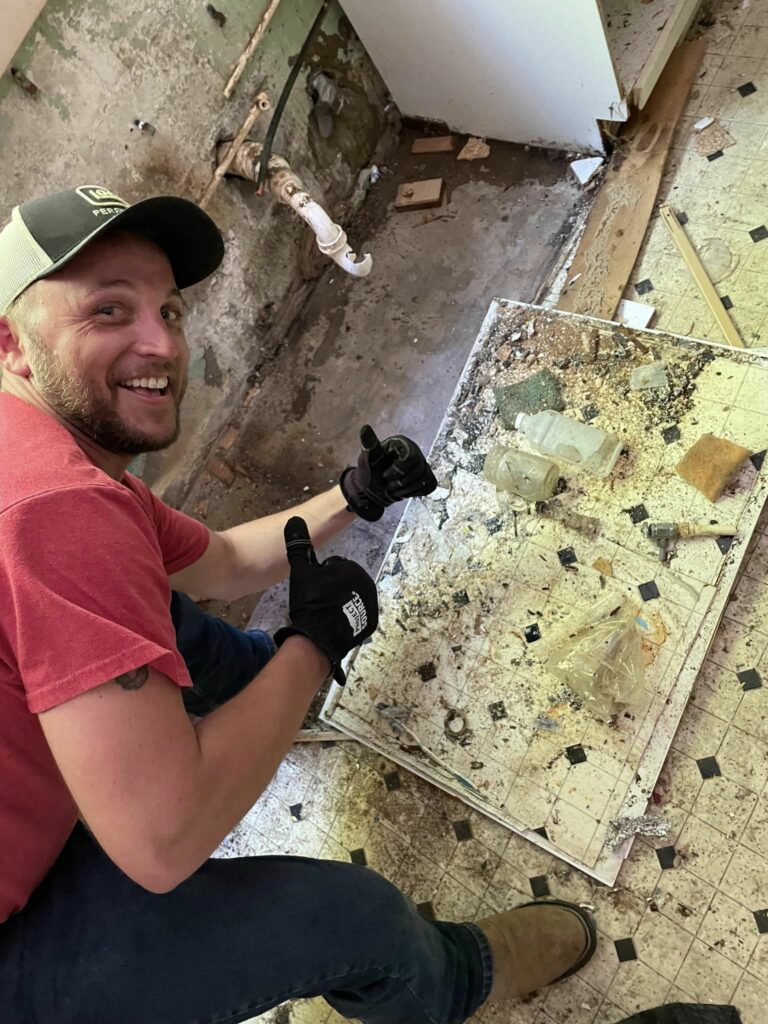The #1 Easiest Way To Sell Your House Fast Today!
Any condition, Any price range. Get your GUARANTEED fair all-cash offer by phone, email, or even text message in minutes! No Hassles. No Obligation.

As Seen On




Our Super Easy Process
We Chat
Get a free, no-obligation consultation at your convenience.
Cash Offer
No Extra Fees. No Real Estate Agents. You sell your property straight to us.
Fast Closing
Skip the showings, staging, cleanup and costly repairs. Sell in weeks not months.

Customer Testimonials
I have bought Real estate from We Are Home Buyers twice now. Grant has been extremely helpful and his team has been very professional. Closings have been quick and seem less. I look forward to doing more business with them and recommend them to anyone looking to purchase real estate at a fair price. Let them go to work for you. Thank you Grant and your team

Danny Wade
★★★★★ 5/5
My name is Beth Palmour and my mother recently passed in August of 2021. I was given the honor of being the Executor of the Estate for my parents. Grant was WONDERFUL and had a meeting with my siblings to tell us all how it would happen. I cannot tell you how this eased our minds after we made a final decision. He was so patient with all of us and went out of his way to be of service to us. I would gladly use Grant again if we had to sell another home. He did a great job, and the closing was very easy. Thank you so much for making this process easier for us than it would have been Grant. You did a fantastic job.
Jay Palmour
★★★★★ 5/5
Our Mission
We Make Selling Your House Easy
I believe that a person dealing with a difficult situation needs someone who can help. I promise to be there for you as I do my absolute best to truly be the solution to your real estate troubles.
